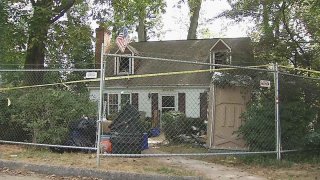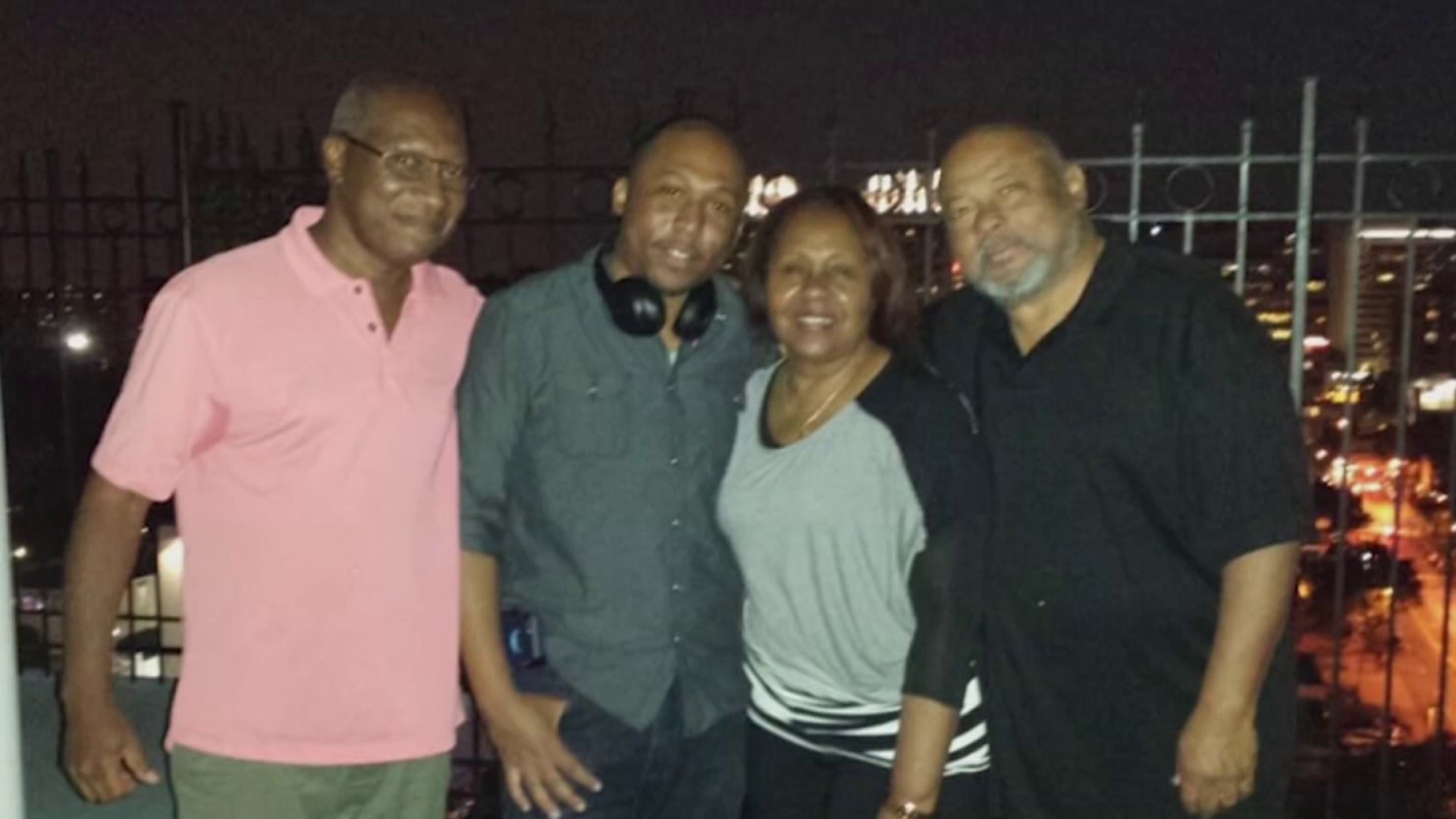
A wealthy stock trader who took elaborate steps to conceal a network of tunnels beneath his house in Bethesda until a man who helped dig them died in a fire was released from prison Friday.
The fire that killed 21-year-old Askia Khafra on Sept. 10, 2017, exposed Daniel Beckwitt's curious campaign to build an underground bunker for protection from a nuclear attack.
Maryland prosecutors portrayed Beckwitt as a paranoid computer hacker who recklessly endangered Khafra's life.
Khafra's parents said they tried to persuade their son to stay away from Beckwitt's tunnels. Their son met Beckwitt online and agreed to help him dig the tunnels in exchange for Beckwitt's investments in an internet company Khafra was launching.
We've got the news you need to know to start your day. Sign up for the First & 4Most morning newsletter — delivered to your inbox daily. >Sign up here.
Investigators found Khafra's charred body in the basement of Beckwitt's home. A hole in the concrete basement floor led to a shaft that dropped 20 feet into tunnels that branched out roughly 200 feet in length.
A police report said Beckwitt told investigators how he tried to preserve his project's secrecy when he brought Khafra there. Beckwitt said he would rent a car, pick Khafra up and drive him to Manassas, Virginia, where he had the younger man don "blackout glasses" before driving him around for about an hour. Khafra spent days at a time working, eating and sleeping in the tunnels. He had his cellphone with him, but Beckwitt used internet "spoofing" to make it appear he was in Virginia, according to prosecutors.
Beckwitt lived alone in "extreme hoarder conditions," forcing the men to navigate a maze of junk and trash, according to the prosecution. The tunnels had lights, an air circulation system and a heater powered by a "haphazard daisy chain" of power strips that created a fire risk, the prosecution said.
Local
Washington, D.C., Maryland and Virginia local news, events and information
The prosecution said Beckwitt had a "paranoid fixation" on a possible nuclear attack by North Korea. Beckwitt's lawyer compared his client's concern to "the days of the Cuban missile crisis."



